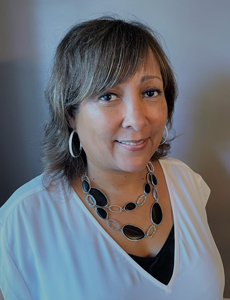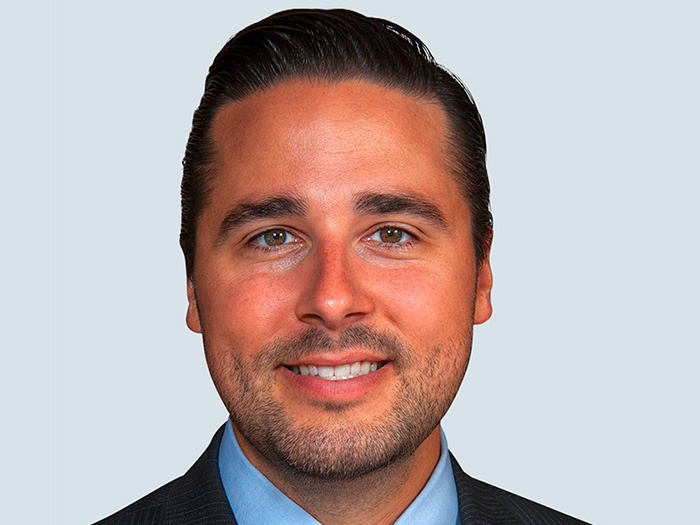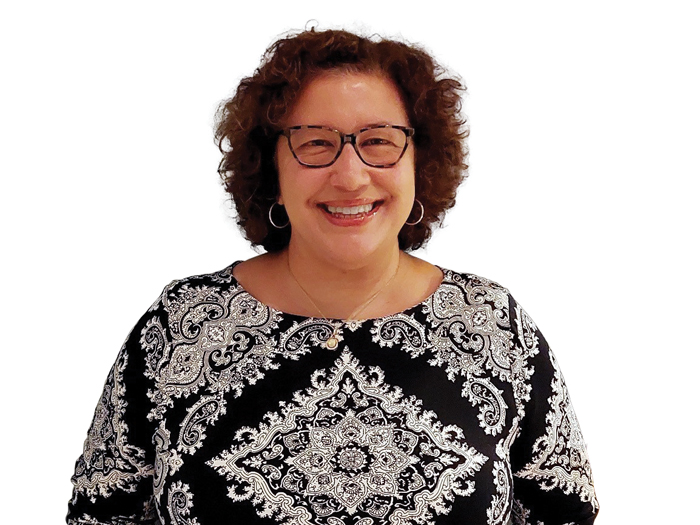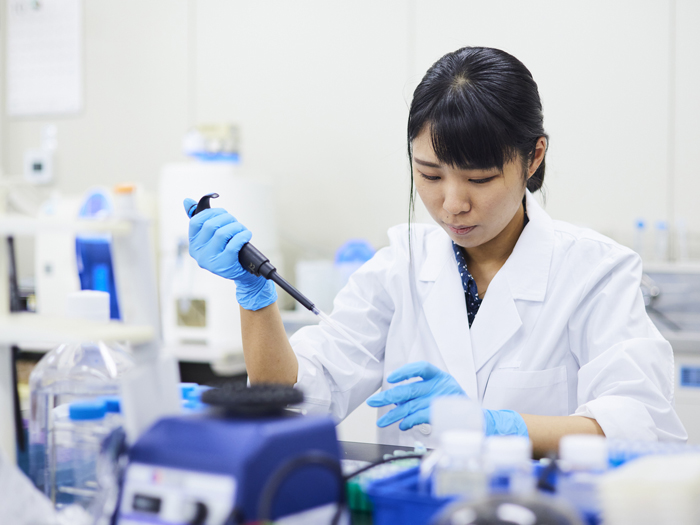This Massive Coca-Cola Bottler Proved It: A Dedicated Workers’ Comp Team Yields Better Results

Coca-Cola Consolidated Inc. (CCCI) is the largest independent Coca-Cola bottler in the United States, providing 300 brands to 65 million people across 14 states. A large operation based in Charlotte, North Carolina, the company employs over 16,000 workers, all of whom are under the watchful eye of Tonya Latter, director of workers’ compensation.
Latter started with the company in 2015. Up to that point, Latter had worn many hats — as an operations manager for a carrier, as a claims examiner and even as a manager for a dedicated team at TPA Sedgwick.
Seven years ago, when Latter began working for CCCI, the company was in a period of growth: “We were in the process of expansion and acquiring several new locations. We went from approximately 7,000 employees to 16,000,” she said.
“At that time, we had two dedicated resolution managers and no nurse triage line or dedicated nurse case managers.”
Having handled a large account while at Sedgwick, Latter had seen firsthand the benefits of working with a dedicated workers’ compensation team. Stepping into her role at CCCI, she started to dream big.
Latter had a vision to build a dedicated team for the workers’ comp program. She wanted to get injured workers back to CCCI quickly and safely, doing so with empathy and compassion, and in a way that would result in cost savings to the organization.
Her success in these endeavors has earned the CCCI program a 2022 Teddy Award Program of Distinction designation.
What a Dedicated Team Can Do
When Latter says “dedicated team,” what she means is having a set group of examiners, nurse case managers and other claims team members just for the CCCI employees, or “teammates,” as they are called internally. This dedicated team would be able to focus on the needs of the injured workers within the program, making sure their concerns are being addressed, their appointments are being attended and their claims are on track.
Additionally, a dedicated team would have extensive knowledge and understanding of CCCI, meaning its focus would be solely on what the teammates would need.
“A dedicated team provides more consistency and efficiency with claims handling,” Latter explained.
“The examiner only has to focus on one client, enabling them to be more proficient and giving them the ability to deliver what I think are better-quality service results to injured workers.”
With this efficiency, clarity and consistent claims handling as her end goal, Latter began the process of building her team.
She knew that in order to create this team, she would need to get buy-in from the top down. She also needed to get CCCI’s claims service provider on board. Gallagher Bassett has been with CCCI for more than 12 years, according to Latter, and when she approached them with the idea to create a dedicated team, it felt like a no-brainer.
“We’ve had a long relationship, a great partnership,” she said. “Dedicated is great, because we’ve seen how examiners like having one focus and not having to worry about jumping from account to account. Our resolution manager, Cristy Ellis at Gallagher [Bassett], has become an extension of the Coca-Cola family.”
When it came to discussing dedication with internal leadership, Latter also found the willingness she needed to put her plan in motion: “We were growing as a company, so [leadership] knew we needed additional claims handling. I had the support to expand our dedicated team.”
Dedication in Action
Part of the creation of this team required a review of what was already on the nurse case managers’ plate and how this information was being relayed to adjusters and the claims resolution manager. The last thing Latter wanted was to “bog down” her adjusters by having them search for medical records, doctors’ notes or other important documents on a case.
“Making appointments, requesting these medical records — that’s time-consuming. And to me, it’s not a good use of their time,” she said.
That’s why CCCI’s dedicated nurses became the company’s patient advocates. “They coordinate the medical care for our teammates, keeping our teammates on course with their medical treatment. The nurse schedules follow-up appointments, coordinating specialist referrals and scheduling diagnostic testing,” Latter explained.
“All of this is through the approval of a resolution manager. So as a nurse provides an update after each visit and they outline the details of the visit, whatever the nurse puts in the system, in their notes, they’re automatically there for the resolution manager at Gallagher Bassett to review.”
This practice has enabled the claims adjusters to make informed decisions about approvals and authorizations in a timely manner, because all the relevant medical information is at their fingertips.
So far, the CCCI team, including the dedicated teammates at Gallagher Bassett, has seamlessly stepped into this new model, reveling in the ease of claims handling that came with it.
But it wasn’t until early in 2021 that everyone truly saw how far-reaching this dedicated team could go.
Managing a Catastrophic Injury as a Team
“Our typical injuries are back, shoulders and knees, with back and shoulders being our most common and severe injuries,” Latter said.
Rarely does the company face catastrophic injuries. However, accidents happen, no matter the number of safety precautions in place.
A delivery driver for CCCI was in an accident, his truck careening onto its side. The teammate underwent a spinal cord surgery and was paralyzed from the neck down.
“He was a single father raising his 12-year-old son,” Latter added. “We knew early on that he would require specialized spinal cord injury treatment and the best decision was to transfer him to the Shepherd Center in Atlanta. Local management, other teammates and myself stayed in daily or weekly contact with him.”
The good news: This teammate was more than optimistic; he was determined to walk again, his son being the main priority and focus of his recovery journey. The dedicated team at CCCI heard this. They listened to what the teammate wanted and worked to meet his goal.
“While he was at the Shepherd Center, our rapid response team was working hard completing home modification so the teammate could return home and not require admission to an inpatient long-term care facility,” Latter said. “Our rapid response team went over and beyond with the renovations, and the team also developed a relationship with this teammate and his family.”
And the incredible news? By the end of the year, he was able to stand and take a few steps. He was cleared for light-duty work.
“All I can say is, this guy is amazing. With everything he has been through, his faith, his motivation to walk again, work again and provide for his son is a true testimony,” Latter said.
“Over the past year, we’ve talked frequently [about] how his life changed in a matter of seconds and how his motivation and appreciation for life had a significant impact on me. To this day, I check on him and he checks on me. He is my true inspiration.”
The Final Ingredient: Empathy
 The success of this teammate, Latter stressed, could only be achieved because of his dedication. But, of course, having a dedicated team behind him — one that was able to move at a moment’s notice and supply him with the medical care and at-home accommodations necessary — played a vital role.
The success of this teammate, Latter stressed, could only be achieved because of his dedication. But, of course, having a dedicated team behind him — one that was able to move at a moment’s notice and supply him with the medical care and at-home accommodations necessary — played a vital role.
This experience further reiterated to the team at CCCI, and by extension to Gallagher Bassett, how important it is to address injured workers where they are. Timeliness is important, but listening and providing empathy are just as key for the CCCI dedicated workers’ comp program.
So much so that empathy is laced throughout everything the team does.
“I was always taught to treat people the way you want to be treated. So that’s how I manage our workers’ comp program,” said Latter.
“It’s so easy to become jaded in this industry. However, you realize that these are individuals dealing with life-changing situations, and the more we can do to provide some mental relief or just less stress, [the more] I feel we’ve done right by them.” &











